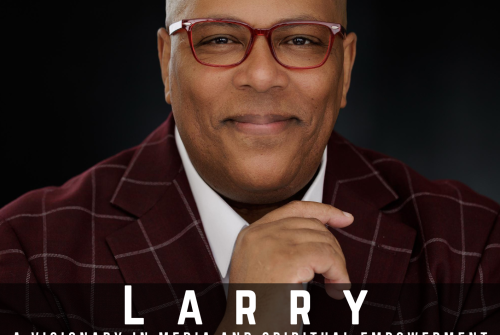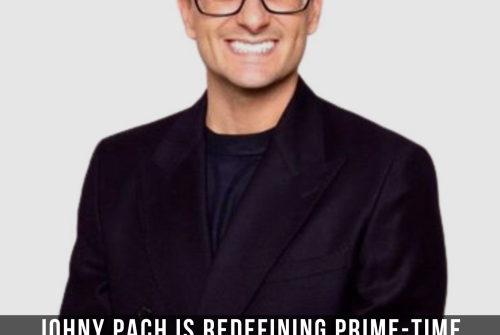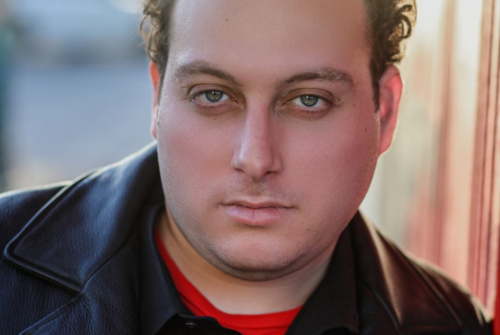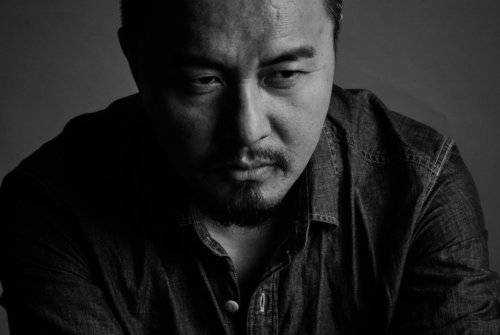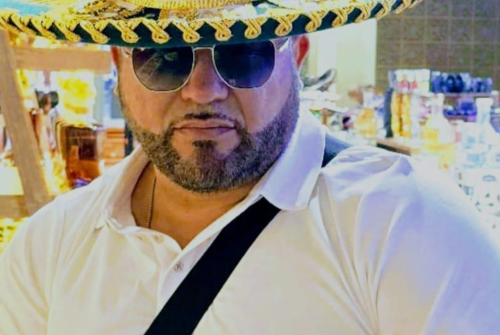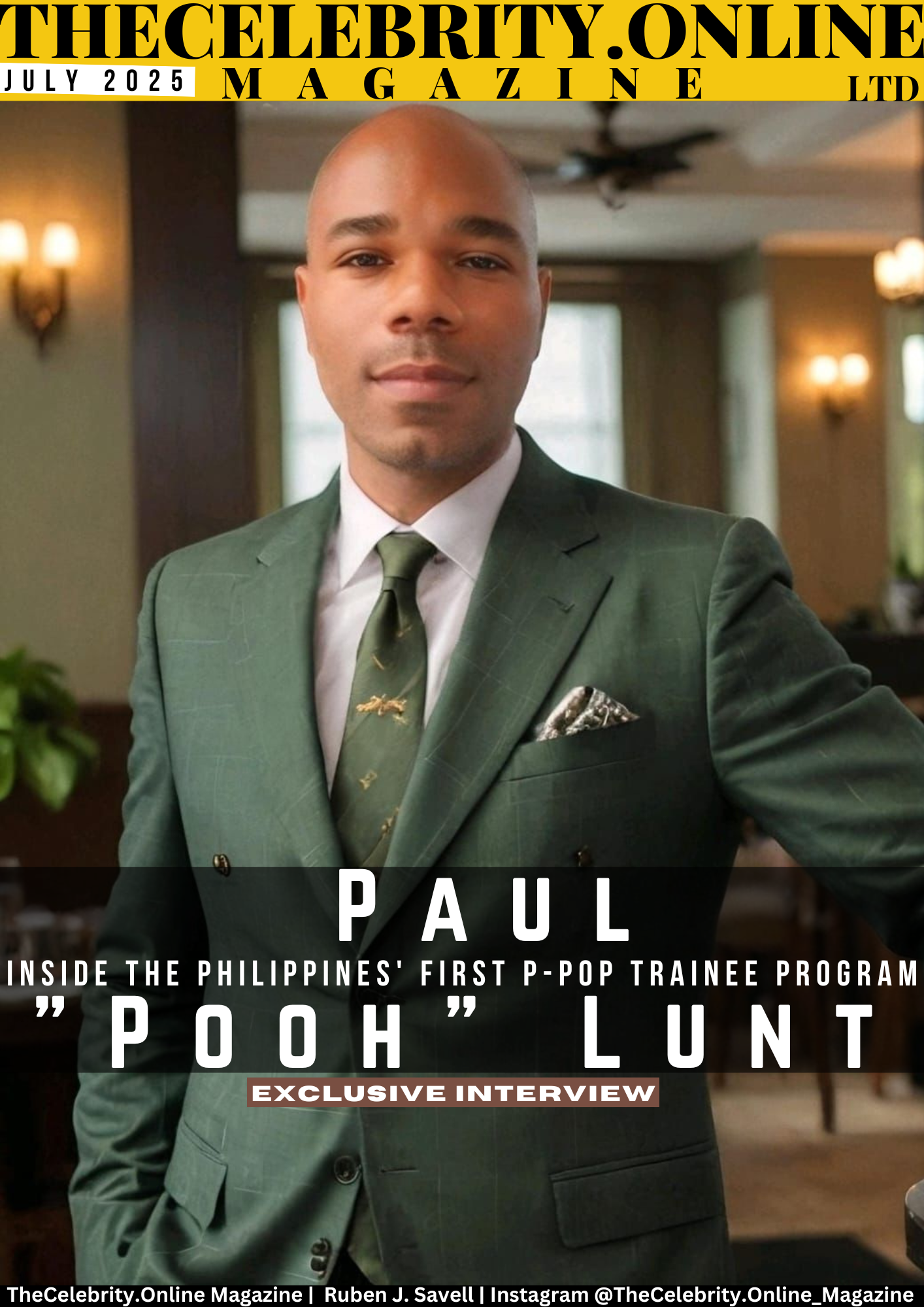
SPECIAL FEATURE: TRAINING THE FUTURE – With Popolo Music Group (PMG) making waves across Asia, the next bold move in its global strategy is already underway: launching the Philippines’ first professional P-Pop trainee program. Designed to rival—and redefine—the K-pop training model, this initiative is more than a music incubator; it’s a cultural accelerator.
We spoke again with PMG founder Paul “Pooh” Lunt, who gave us an exclusive look at what makes this program unique, who it’s for, and why he believes it’s the future not just of Filipino pop—but Filipino identity.
Darlene Assam: Paul, launching the first P-pop trainee program is a huge milestone. Why now?
Paul Lunt: Because it’s long overdue. We’ve had the talent for generations, but not the infrastructure. The trainee program isn’t just about recruitment—it’s about awakening potential. We want to reach every undiscovered voice hiding in the provinces, in call centers, in classrooms. This is our way of telling them: you matter, and the world is waiting for you.
Darlene: How is this an effective recruitment tool for PMG?
Paul Lunt: It allows us to identify more than just raw talent. We can see work ethic, adaptability, and emotional intelligence—all the things you can’t measure on social media. The program is a six-month immersion into what it means to be a professional artist. It weeds out entitlement and builds resilience. That’s priceless.
Darlene: What are the requirements to apply?
Paul Lunt: We keep it open. Applicants must be 14 to 25, Philippines-based, and have some skill in at least one area—singing, dancing, rapping, or performance. But what we’re really looking for is attitude. Talent we can teach. Character, we can only shape. Additionally, individuals under 18 must be accompanied by their parents.
Darlene: What does a girl group or boy band need to show during the program in order to earn a PMG contract?
Paul Lunt: It’s not just about synchronized dancing and harmonies. We look for chemistry, leadership, emotional maturity, and the ability to think as a unit while still standing out individually. Anyone with an attitude issue will be let go immediately. We test how they support each other under pressure. If they can build trust, respect, and creative energy together—we know they’re ready. It’s about more than just looking good. It’s about functioning as a team.
Darlene: Are there specific milestones trainees must hit during the program?
Paul Lunt: Absolutely. We track growth in key areas: vocal control, stamina, adaptability, media presence, and stage command. But attitude is at the center of it all. You can be the most talented singer in the room, but if your ego walks in first—you’re done. We promote based on performance, yes—but more importantly, on coachability and character.
Darlene: PMG seems to put a huge premium on attitude. Why?
Paul Lunt: Because attitude is everything. People think the biggest problem in the Philippines is corruption. That’s nonsense. There is more corruption in Paris, London, and New York than you’ll ever find in the Philippines over the next 100 years. The real problem in the Philippines is mentality. Filipinos are too humble. They decline praise. They downplay ambition. They think global leadership is reserved for others. All the successful people in the Philippines happen to be those who reject that notion. That’s what they all have in common.
At PMG, we also reject that. We tell our artists and our trainees: You deserve the spotlight. Own it.
Darlene: How is the P-pop trainee system different from the K-pop model?
Paul Lunt: K-pop is brilliant but brutal. Trainees often give up everything—school, family, and mental health for a shot at debut. They train for years with no guarantee and sign contracts that border on servitude.
Our model is the opposite. It’s a six-month structured program that values personal growth as much as performance. We don’t just train idols. We develop leaders. We don’t lock you in—we launch you out.
Darlene: What happens after the six-month program?
Paul Lunt: The most committed and promising trainees will be offered full contracts and assigned to development teams for debut. Those who don’t move forward will still walk away with something far more important than a deal—skills for life: confidence, discipline, communication, self-worth. Many will go on to become producers, creatives, entrepreneurs, and even educators.
Darlene: What does a graduate of the PMG program truly gain?
Paul Lunt: They will gain the ability to walk into any room, any stage, any boardroom and say, I belong here. That’s bigger than fame. That’s power. That’s nation-building. And that’s what we’re really trying to do at PMG.
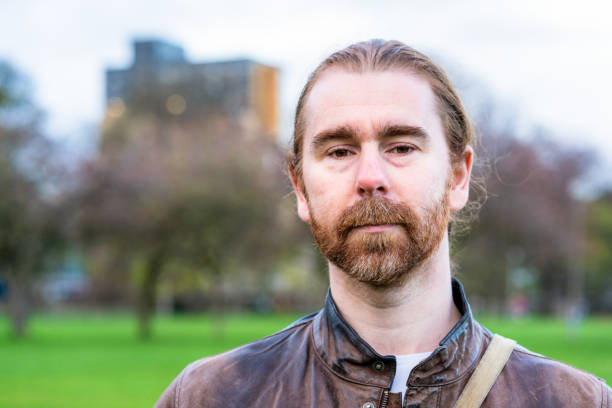
Jose R. Harwood is a the author and editor of TheCelebrity.Online and expert in Entertainment Industry working with TheCelebrity.Online Magazine – You can reach R. Harwood via Contact page! – Read more on our About Us page.


